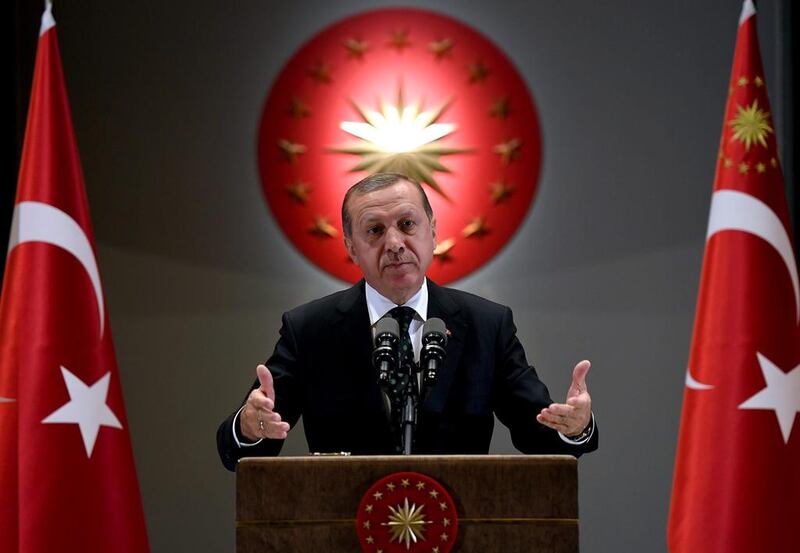Turkey is in desperate need of fresh allies and new friends across the region. Since 2011, president Recep Tayyip Erdogan has made a number of risky decisions on the direction the region was heading, supporting the Muslim Brotherhood in Egypt and Hamas in Gaza, and taking a militantly anti-Assad stance in Syria. The country is facing spill-over violence from Syria in the form of ISIL attacks from an isolated regional position.
There is, however, one group that Turkey has courted and it is an unlikely one. Since the beginning of the Syrian civil war, Turkey has opened its doors to refugees fleeing the violence. Many refugees have been given basic health care, temporary housing and in some cases Turkish ID cards. Turkey has mostly borne the cost of these refugee programmes without international assistance.
At first, the country’s embrace of refugees was a source of pride but in recent months there have been tensions as more Turks see the refugees as a drain on state resources. There are about 2.7 million Syrian refugees in Turkey and this week Mr Erdogan hinted that they could pursue citizenship. Speaking on the Turkish-Syrian border, Mr Erdogan said: “We are going to help our Syrian friends in offering them the chance, if they want it, to acquire Turkish nationality.”
The announcement sparked fury on social media, with some accusing Mr Erdogan of engineering a ploy that would create a large source of new voters who could ensure that he stays in office. Regardless of the internal debate, the fact remains that Turkey has spent billions of dollars hosting Syrian refugees.
Turkish citizenship for these refugees en masse would constitute a radical departure from the international consensus on the long-term prospects for refugees. This paper has argued that Syrian refugees represent a temporary challenge that will resolve itself when the war is over and they can return home. Mr Erdogan appears to see a different possibility and that could dramatically change the future of the refugee debate. It is unlikely that other countries will follow Turkey’s model but it is clear that new thinking is needed in the refugee debate.





